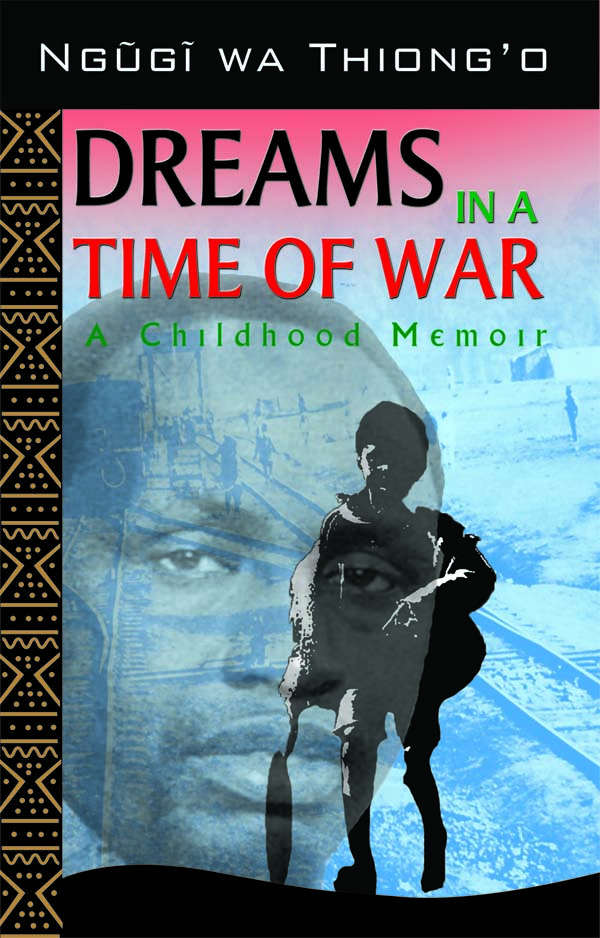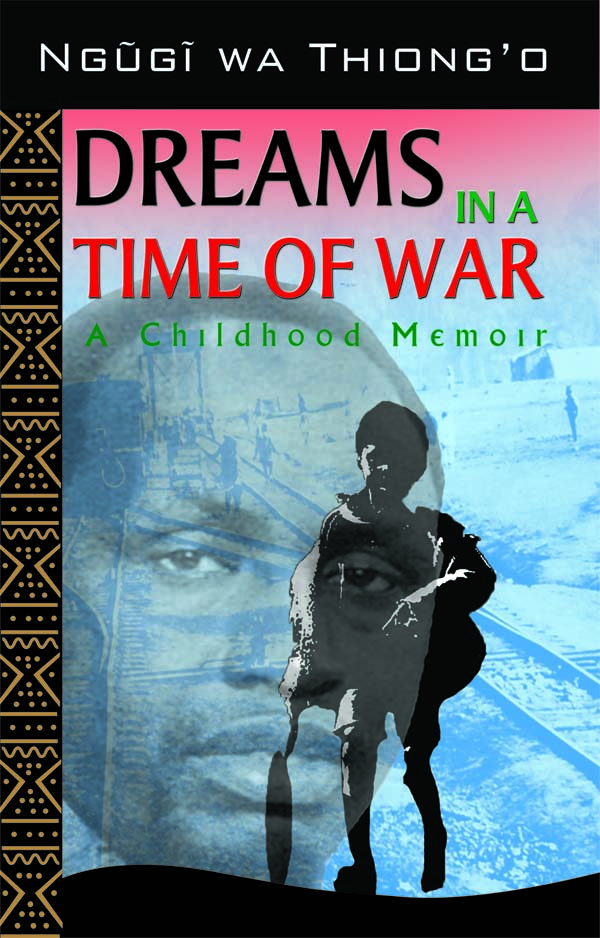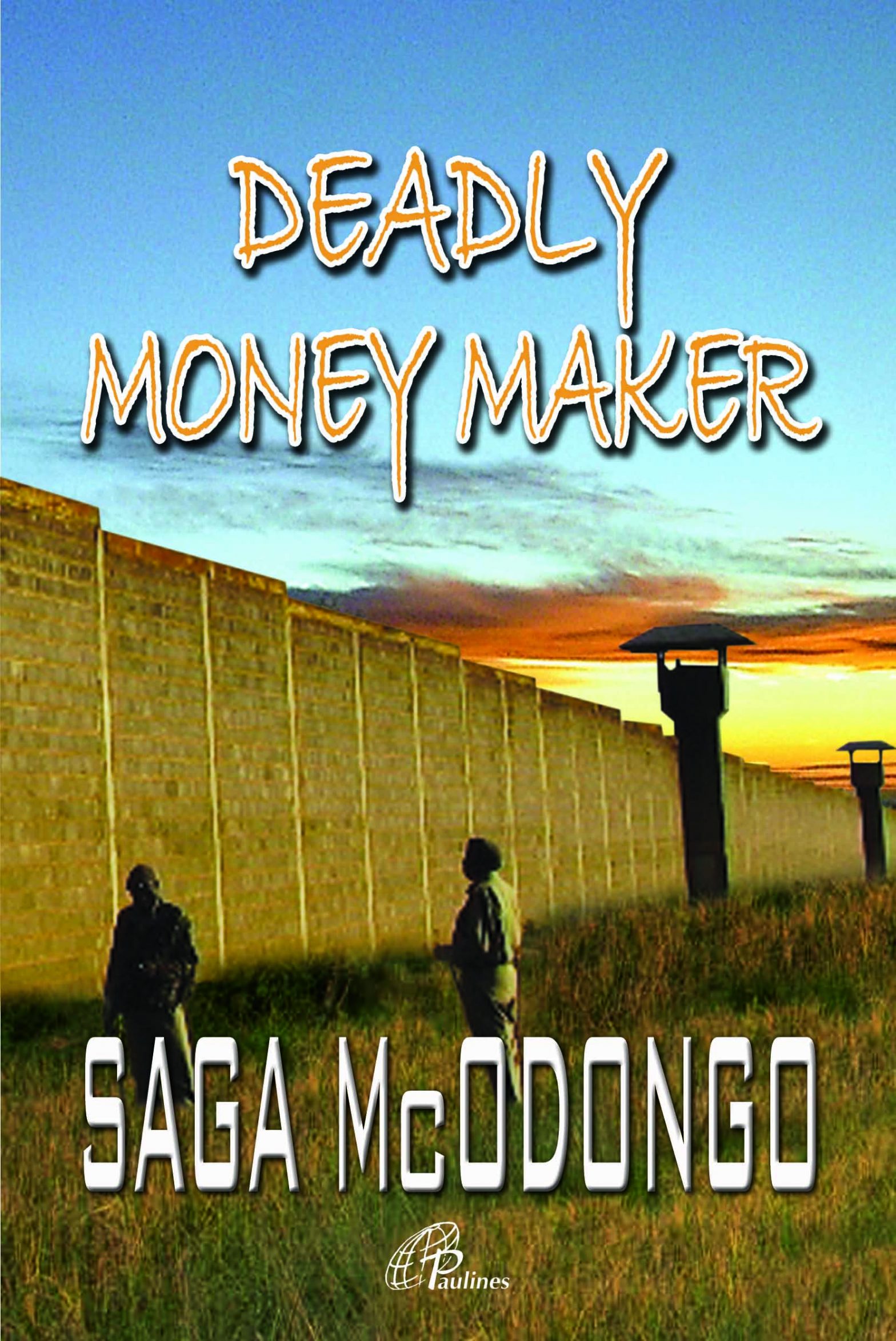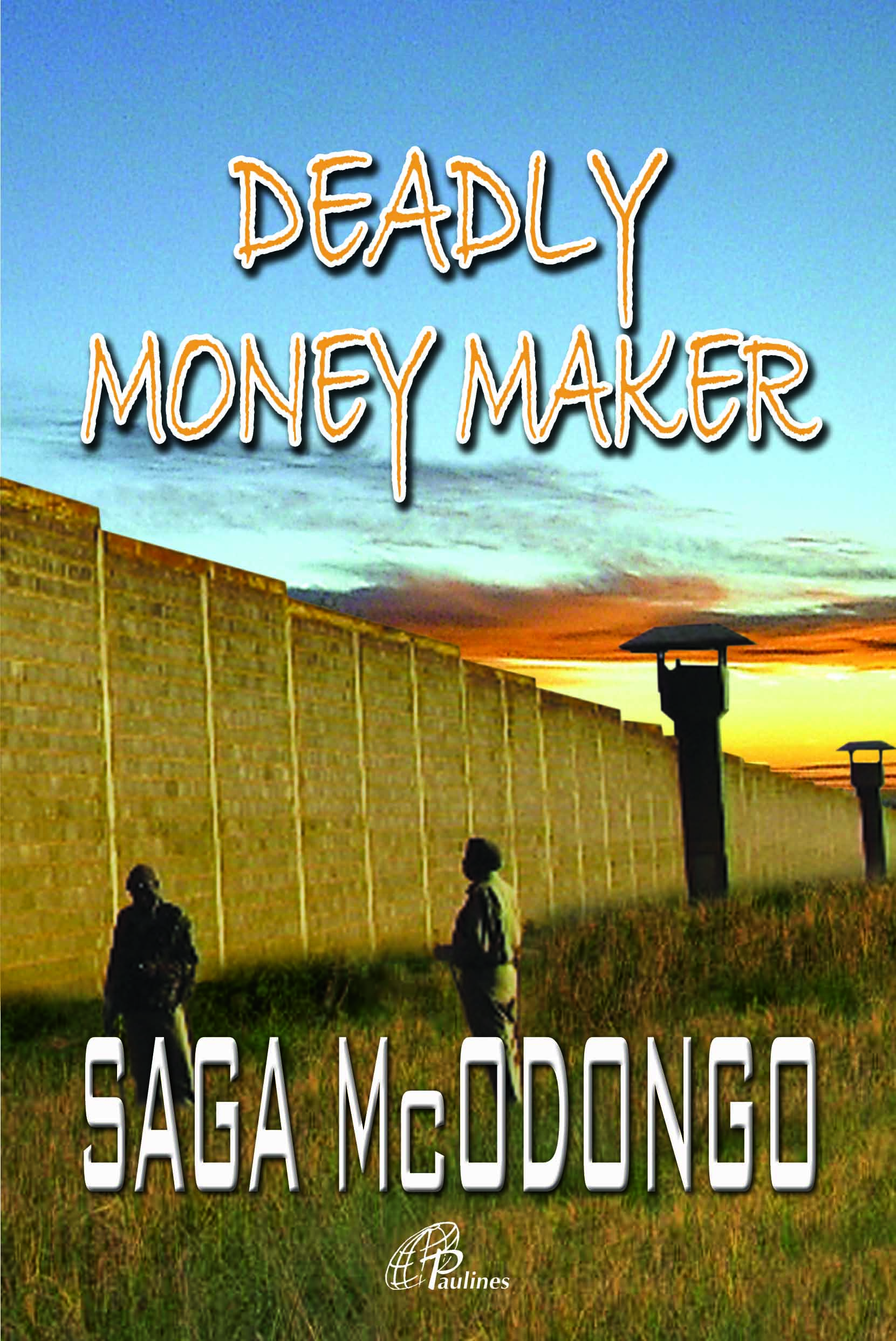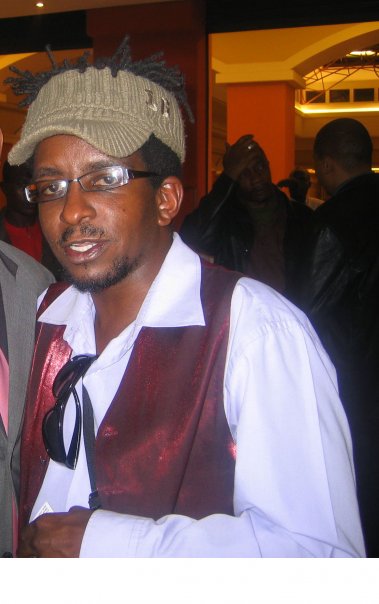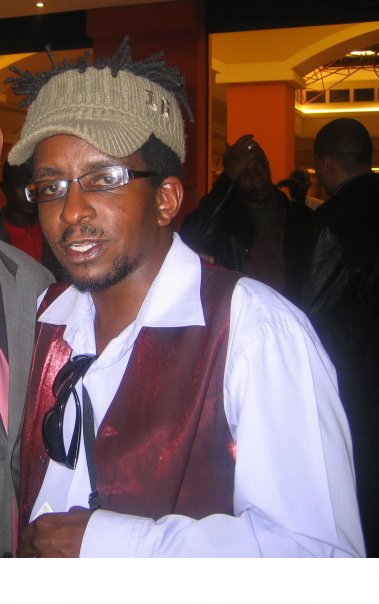No Kenyan publisher has ever taken Moraa Gitaa seriously. And while they have generally given her manuscripts a wide berth, Penguin Books, one of the world’s most respected publishers, thinks otherwise.
Out of the 250 manuscripts received all over Africa for the inaugural Penguin Prize for Africa Writing, Moraa’s and five others became the eventual nominees in the fiction category. The awarding ceremony will take place in South Africa next month. And if she wins the award, she stands to take home a cool half a million shillings (R50,000).
The other nominees are Kenya’s Mukoma wa Ngugi, Ellen Aaku from Zambia, Chika Ezeanya from Nigeria, Shubnum Khan from South Africa and another South African Isabella Morris. “Of all the nominees, I am the only one based in the continent,” she says with a touch of pride.
The award seeks to highlight the diverse writing talent on the African continent and make new African fiction and non-fiction available to a wider readership. Apart from the prize money, the winners will also benefit from a publishing contract with Penguin Books South Africa, with worldwide distribution via Penguin Group companies.
Among other things, the judges will be looking for freshness and originality that represent the finest examples of contemporary fiction out of Africa. In the non-fiction category the judges will be looking for serious narratives that examine and explore African issues and experiences for both local and international audiences in an engaging, thought provoking and enlightening way.
Moraa, who is in her mid thirties, believes that her manuscript meets the bill and is confident of winning the overall prize. “I deserve it,” she says defiantly.
When she had earlier presented the same manuscript to a Kenyan publisher, it came back with a rejection note accusing her of having ‘an extremely wild imagination.’
Such a put down would have left an average writer utterly devastated and unable to continue writing, but evidently, Moraa is not your average writer. “I licked my wounds and decided that if no Kenyan publisher is interested in my work, I would look for a publisher outside the country,” she says with a determined look in her face. “I have gone through more trying times in the course of my writing and there was no way I was going to allow such a comment to break my spirit.”
Without elaborating Moraa, who calls herself a pro-women and children’s writer, says her writing gives ‘profound insights’ into the human condition, “and for that you are labeled a controversial writer.”
She explains that she started writing the manuscript way back in 1997. At some point, in 2003, while still writing the manuscript, she developed pneumonia, yet she was staying in Mombasa, the last place you expect a person to catch a cold-related ailment.
“I almost died while writing this manuscript,” she says with a rueful smile. Then, she was working as an administrator in a busy nightclub at the coastal resort city. And in order to get some quiet time to work on her manuscript, she would cover herself in what she thought was warm clothing and sneak into the cold room, where she would put pen on paper, literary.
The effect of those stolen moments in the cold room was the pneumonia she developed later. “The people who knew what I was doing at that time believed I was genuinely mad,” she says. “But if following my passion means that I am labeled mad then so be it.”
Not even the pneumonia could douse the burning ambition she had of becoming a writer. In 2007, she moved to Nairobi, where has been working as a part time editorial consultant. “I shifted from Mombasa as I thought that Nairobi held more promise in terms of getting published,” she explains.
It was not in vain as the following year another of her manuscripts won the National Book Development Council of Kenya (NBDCK) literary award, and with it came a modest cash award of Sh30,000.
When she could not get a publisher locally she took yet another of her manuscripts to Nsemia Publishers, based in Canada. Unfortunately for her the book Crucible for Silver and Furnace for Gold could not be accepted for the Jomo Kenyatta Prize for Literature, for the mere reason that it was published outside Kenya, never mind that Nsemia is owned by a Kenyan.
With the nomination Moraa now feels that her hard work and perseverance is finally being recognized. She adds that it should also serve as enough reason for Kenyans and East Africans for that matter to start dusting their long neglected manuscripts. “If you have a passion for writing you should not give up just because there are not enough opportunities in your home country,” she says.
That is the only way East Africans can ever hope to match their Western and Southern African counterparts, she adds.
If she wins the award, Moraa says that part of the prize money would go towards developing a centre for children with learning challenges. This has been motivated by the fact that her daughter, now fifteen, was born with dyslexia.


